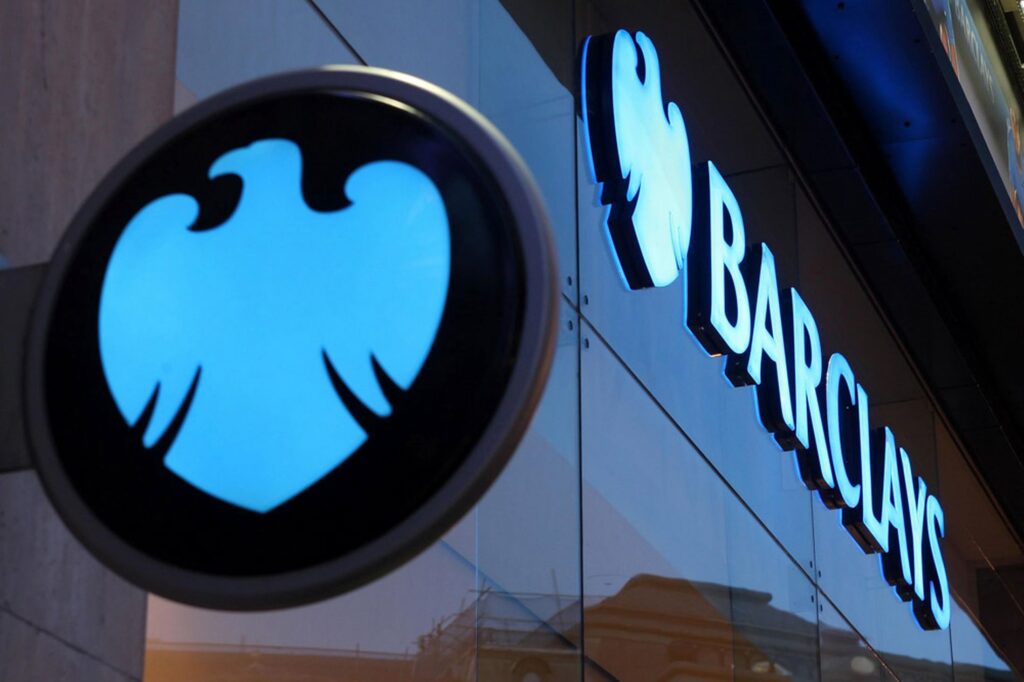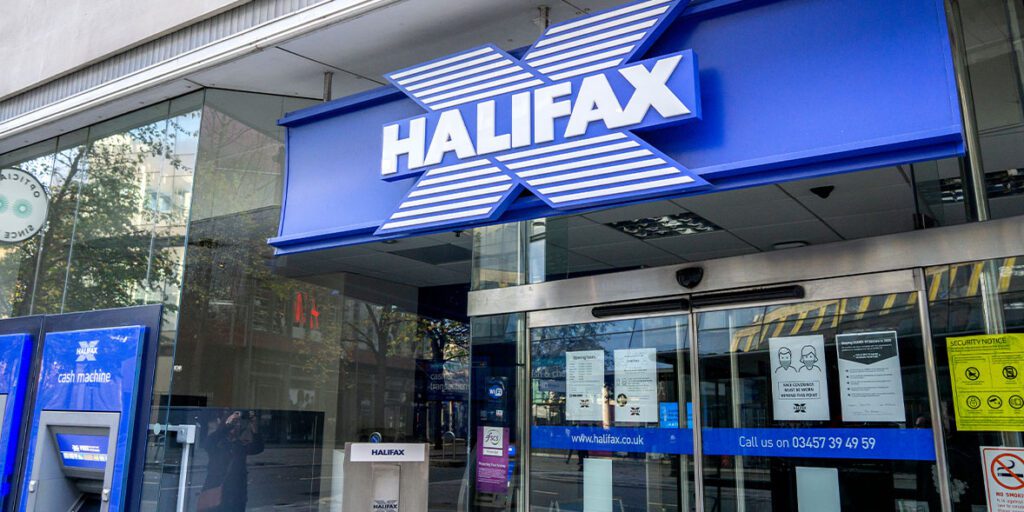Recent legal developments suggest a Supreme Court ruling could curtail the ability of Authorised Push Payment (APP) fraud victims to file claims against their banks. This follows Barclays’ successful appeal, spotlighting the industry’s duty of care towards customers concerning fraud prevention.
Fiona Philipp’s Lawsuit Against Barclays and the Court’s Verdict
Fiona Philipp, a music teacher and long-standing Barclays customer, initiated a lawsuit against the bank in 2020 after a scam led her to transfer £700,000 to seemingly legitimate accounts in the United Arab Emirates. Philipp contended that Barclays should have overridden her instructions upon suspecting fraud. Yet, Supreme Court Judge George Leggatt reversed a 2021 Court of Appeal verdict, affirming that such action contradicts the core principles of banking law.
Judge Leggatt stressed that banks must promptly execute payment instructions once a customer authorises them. He clarified that banks should not judge the wisdom or risks of customer payment decisions. However, he permitted Ms Philipp to follow an alternative case against Barclays, alleging the bank’s failure to adequately attempt money recovery.
The Escalation of APP Fraud and Its Financial Toll on Customers
APP fraud, now the predominant payment scam in the UK, cost customers £583 million in 2021, as disclosed by the Payment Systems Regulator (PSR). Acknowledging the issue’s gravity, the PSR plans to mandate reimbursement for domestic APP fraud victims in the upcoming year.
This initiative seeks to alleviate the financial strain on individuals ensnared by these scams, offering some respite and support.
The emergence of new neo-banks will likely escalate APP fraud, bringing about anguish and distress to victims. Given its relatively recent inception, many individuals need to be made aware of the warning signs and red flags, making them more susceptible to falling prey. This underscores the significance of the mandatory fraud reimbursement scheme.
Legal Repercussions and Customer Responsibility
James Levy, a partner at Ashurst law firm, suggests that the Supreme Court decision reallocates customers’ responsibility for verifying the authenticity of payment instructions. Levy articulates that this ruling significantly diminishes the litigation risk against banks by APP fraud victims. Consequently, this clarity benefits both banks and customers, thereby underlining the importance of vigilance and thorough examination in financial transactions.
Ultimately, the responsibility rests with the customer to decide whether or not to proceed with a payment. As a community, we aim to heighten awareness about the warning signs and assist others in sidestepping such pitfalls. While this might sound challenging, it’s entirely attainable with a collective effort.
Barclays’ Stance and the Quest for Legal Certainty
Barclays welcomed the verdict, appreciating its clarity and certainty to a publicly significant legal matter. The Supreme Court’s decision anticipates far-reaching repercussions for banks, customers, and the continuous fight against APP fraud.
As fraud prevention and reimbursement frameworks evolve, individuals must maintain vigilance and prudence in authorising payments. Proactive verification of payment instructions can significantly mitigate the risk of APP fraud victimisation. The ruling accentuates the necessity of ongoing fraud prevention endeavours by financial entities and customers to shield against fraudulent activities’ devastating aftermath.
Looking Forward
The prospective reimbursement scheme doesn’t assure complete compensation for all APP fraud victims. The paramount defence against such fraud involves proactive prevention, staying abreast of fraud prevention methods, and swiftly applying requisite safeguards. This proactive approach immensely bolsters individuals’ financial security, guarding against potential adversities.
We can only lean on our financial institutions to a certain extent; beyond that, the onus of safeguarding our finances falls squarely on our shoulders. After all, they are our finances. Banks have a limit to what they can do; the remainder of the effort must come from us.





